Have you ever caught your cat staring at you with that mysterious, knowing look? Maybe you’ve woken up with a purring fluffball pressed firmly against your side, or found unexpected “gifts” tucked into your shoes. If you suspect your feline friend is treating you like more than just a roommate, you might be right. Cats are territorial creatures, and sometimes—without us realizing it—they lay claim to their favorite humans just as they would a sunbeam or a cozy windowsill. Let’s dive deep into the telltale signs your cat has decided you belong to them, heart and soul.
Head Bumping and Cheek Rubbing

When your cat gently bumps their head against you or rubs their cheeks on your hand, they’re not just being affectionate—they’re marking you. Cats have scent glands on their heads and cheeks, and by pressing these areas against you, they transfer their scent onto your skin and clothes. This act is called “bunting,” and it’s a big feline compliment. It means your cat is claiming you as part of their safe zone, turning you into a walking, talking extension of their territory. Some cats do this after you’ve been away for a while, as if to reassert their ownership. If you notice this behavior, feel honored—your cat sees you as truly theirs.
Slow Blinking in Your Direction

Have you ever caught your cat staring at you, only to notice them slowly closing and opening their eyes? This “slow blink” is the cat version of a heartfelt hug. In the wild, cats only let their guard down around those they trust. By blinking slowly at you, your cat is signaling relaxation and acceptance, showing they feel safe in your presence. Many cat owners don’t realize this is actually a form of marking territory—with trust. If you return the slow blink, you’re reinforcing the bond, and your cat will feel even more secure that you’re part of their world.
Sleeping on Your Bed—or Even Your Head

Cats are incredibly particular about where they sleep. If your cat curls up on your bed, your pillow, or even directly on top of you, they’re doing more than seeking warmth. They’re mingling their scent with yours and claiming both you and your sleeping space as part of their territory. This is why cats often knead before settling down, spreading their scent further and making their mark. If you’ve ever tried to move a sleeping cat at night, you know it’s a losing battle—because, in their mind, that spot (and you) is now theirs.
Kneading You with Their Paws
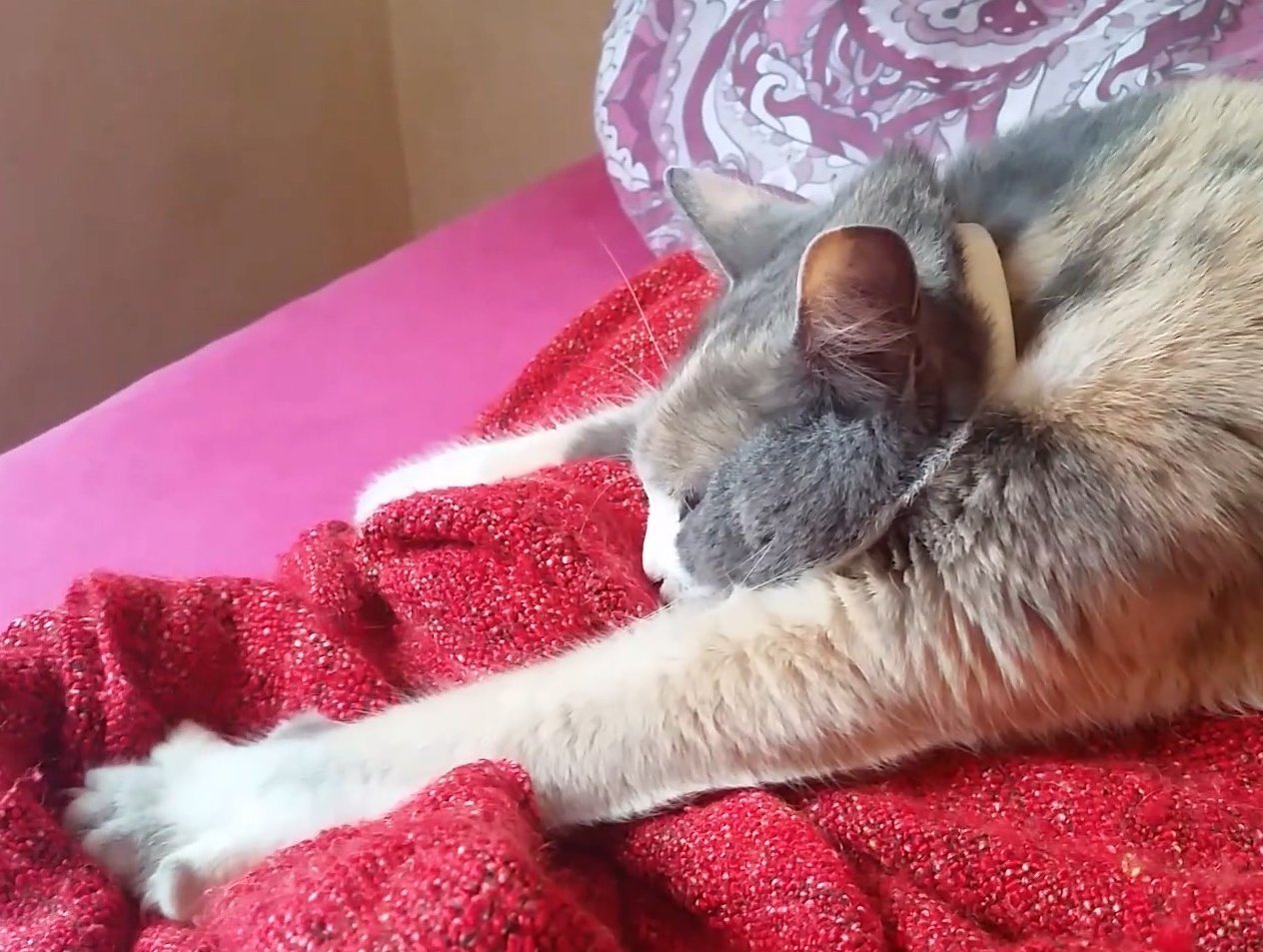
The gentle, rhythmic pressing of paws on your lap isn’t just adorable—it’s deeply meaningful. Kneading is a behavior kittens use to stimulate milk flow from their mother, and adult cats do it when they feel completely safe and content. When your cat kneads you, they’re not only showing affection but also marking you with scent glands located in their paws. This is their subtle way of saying, “You’re part of my family. You belong here.”
Grooming You (Licking or Nibbling)
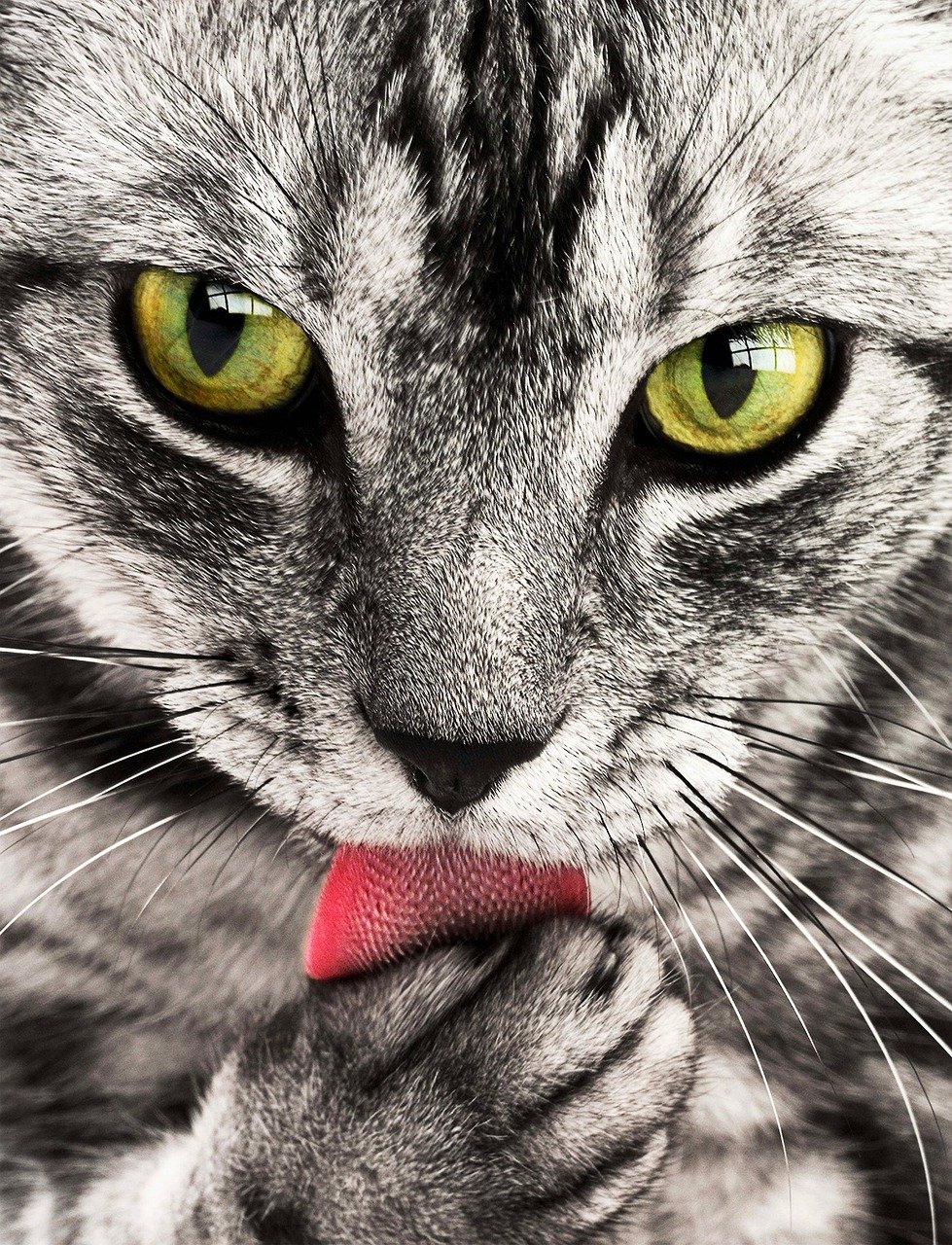
Cats are master groomers, and when they turn their attention to you—licking your hand, arm, or even your hair—they’re showing immense trust. Grooming is typically reserved for family and those within their inner circle. By licking or gently nibbling you, your cat is both bonding and claiming you as part of their social group. Sometimes, this can be a bit surprising, especially if your cat’s tongue feels like sandpaper, but rest assured, it’s a sign of love and territory.
Following You Around the House
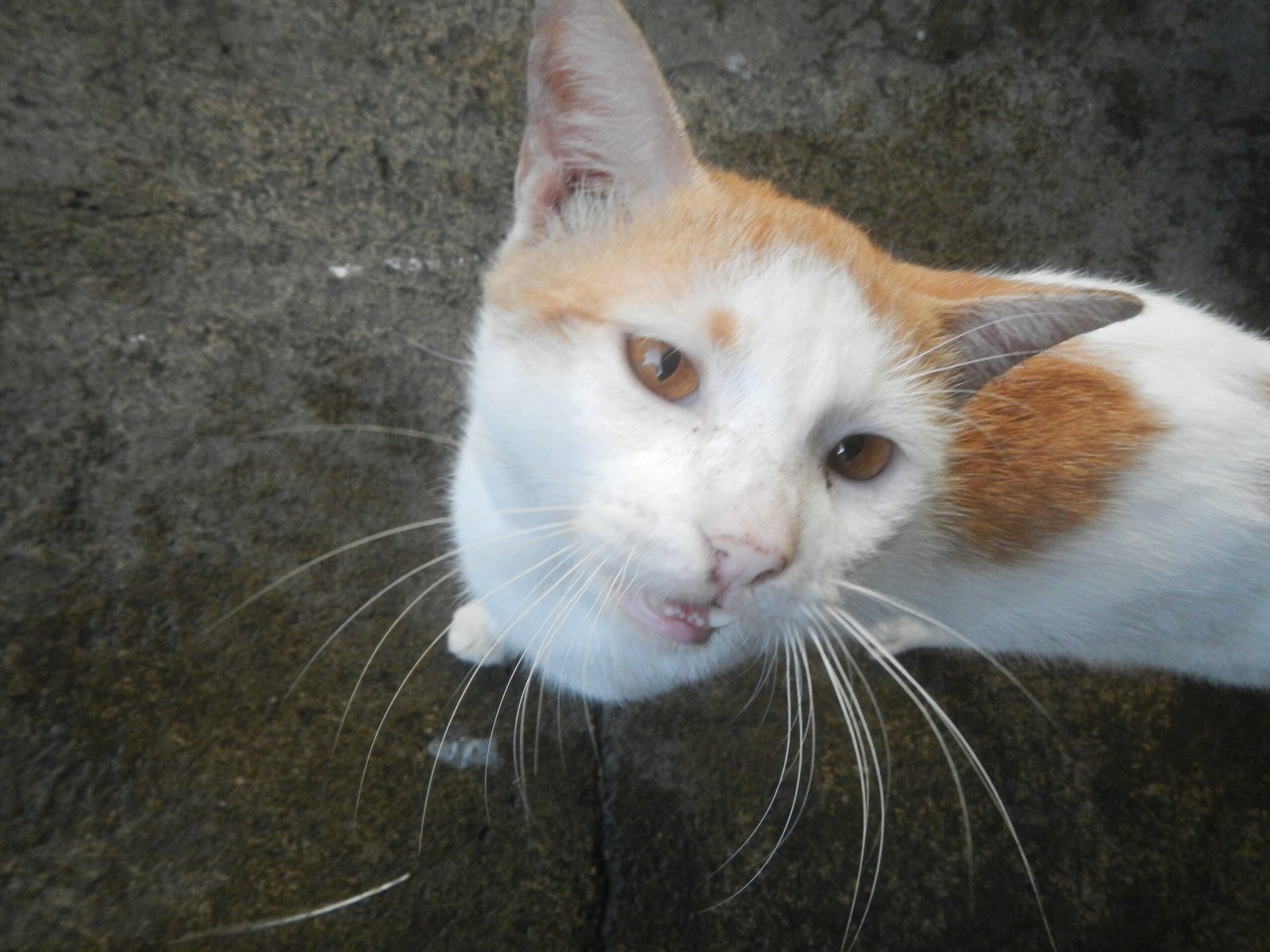
Does your cat seem to appear in every room you enter? If you can’t go to the bathroom without a furry escort, take it as a compliment. Cats follow their people to keep tabs on their territory. They see you as part of what needs guarding and monitoring. This behavior is especially common in cats who feel closely bonded to their humans. It’s their way of keeping their “territory” (you!) safe and accounted for.
Bringing You “Gifts”

Few things are as shocking—or hilarious—as finding a sock, toy, or even a caught critter deposited at your feet. When your cat brings you gifts, it’s not just a quirky habit; it’s a sign they see you as part of their group. In the wild, cats bring food back to their family or territory to share. Even indoor cats instinctively offer up their treasures to the ones they care about most. If you’re the lucky recipient, your cat is showing you belong to their domain.
Scratching on Your Furniture and Belongings

While it might be frustrating to see your favorite couch become a scratching post, this behavior is loaded with meaning. Cats have scent glands in their paws, and scratching helps them deposit their unique scent onto surfaces. If your cat scratches where you sit or on items you use often, they’re marking the space—and you—as theirs. It’s a territorial shout-out, claiming everything (and everyone) important in their world.
Rolling Over and Showing Their Belly

A cat flopping onto their back and exposing their belly is an ultimate sign of trust. In the wild, this position is vulnerable, so cats only do it when they feel totally safe. When your cat rolls over in front of you, they’re expressing comfort and security. It’s also a way of claiming you as part of their territory, as they’re showing they have no fear with you around. If your cat invites you to rub their belly (just watch out for the “trap”), it’s an even greater sign of acceptance.
Rubbing Against Your Legs
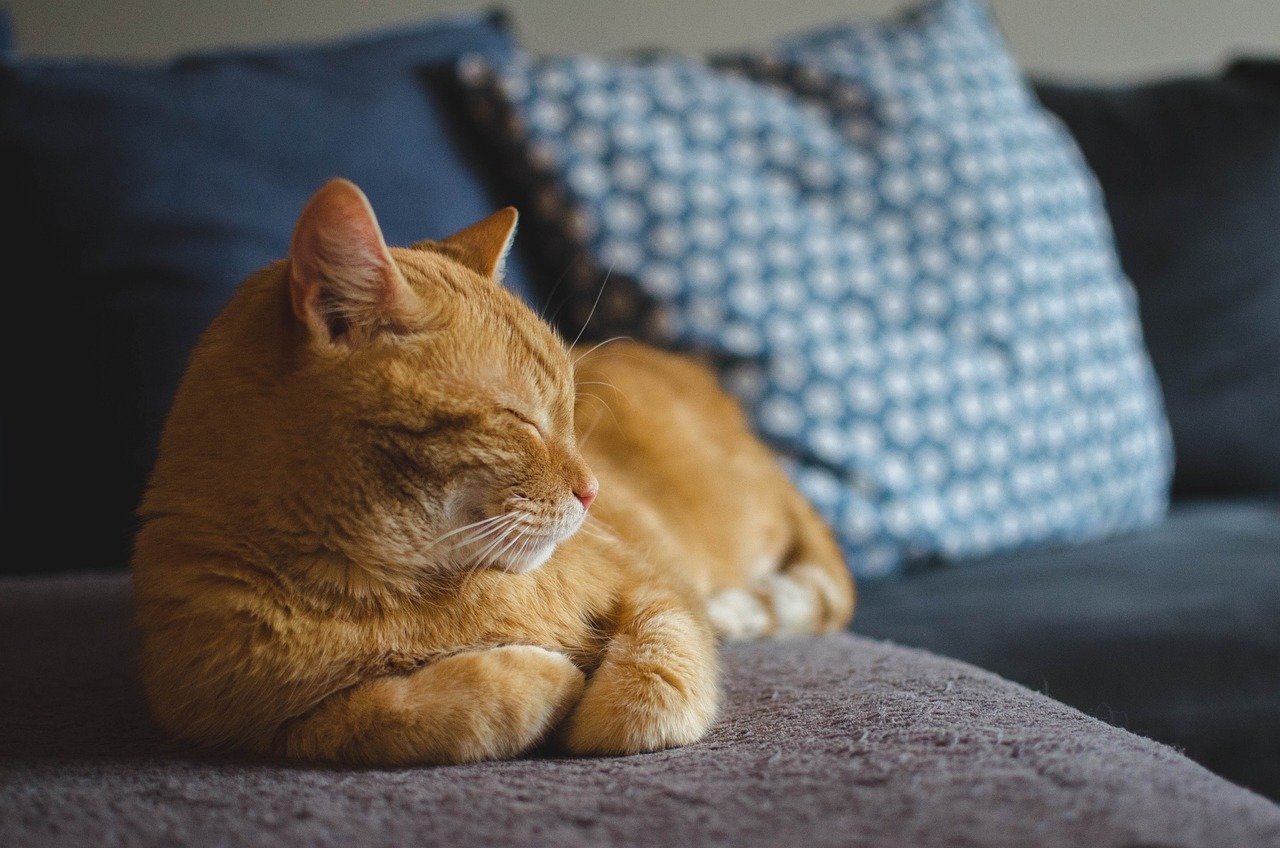
That familiar figure-eight movement around your legs, especially when you come home, is more than a greeting. Cats rub against your legs to leave their scent, announcing to the world—and to themselves—that you’re part of their space. It’s a daily ritual for many cats, and the more often they do it, the stronger the bond. Think of it as the feline equivalent of a welcome-home hug, but with a territorial twist.
Scent Marking with Their Forehead

Cats possess scent glands in their foreheads, and when they press this area against you, they’re performing a subtle but significant act of marking. This is different from cheek rubbing; the forehead carry even stronger scent cues. By nudging your face or hands with their forehead, your cat is signaling that you’re a trusted part of their inner circle. It’s a gentle, quiet claim that you’re included in their world.
Vocalizing with Unique Sounds
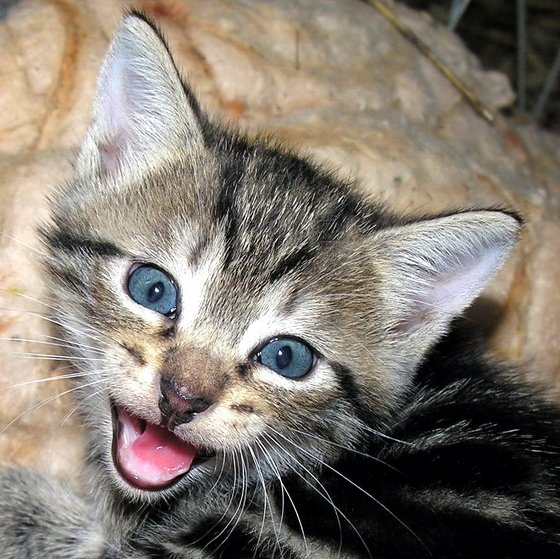
Some cats are chatterboxes, while others are more reserved. But if your cat has a special meow, chirp, or trill just for you, it’s a sign they recognize you as part of their territory. Cats use different vocalizations to communicate with different members of their “family.” When they direct those unique sounds at you, they’re acknowledging your place in their personal universe.
Guarding You When You’re Sick or Upset

Many cat owners have stories of their feline companions refusing to leave their side when they’re feeling under the weather or sad. This behavior isn’t just compassion—it’s also territorial. Your cat is making sure you’re safe and accounted for, reinforcing the idea that you’re a valued member of their domain. If you’ve ever had a cat curl up with you during a tough time, you know how comforting—and territorial—it can feel.
Chin Rubbing on Your Belongings
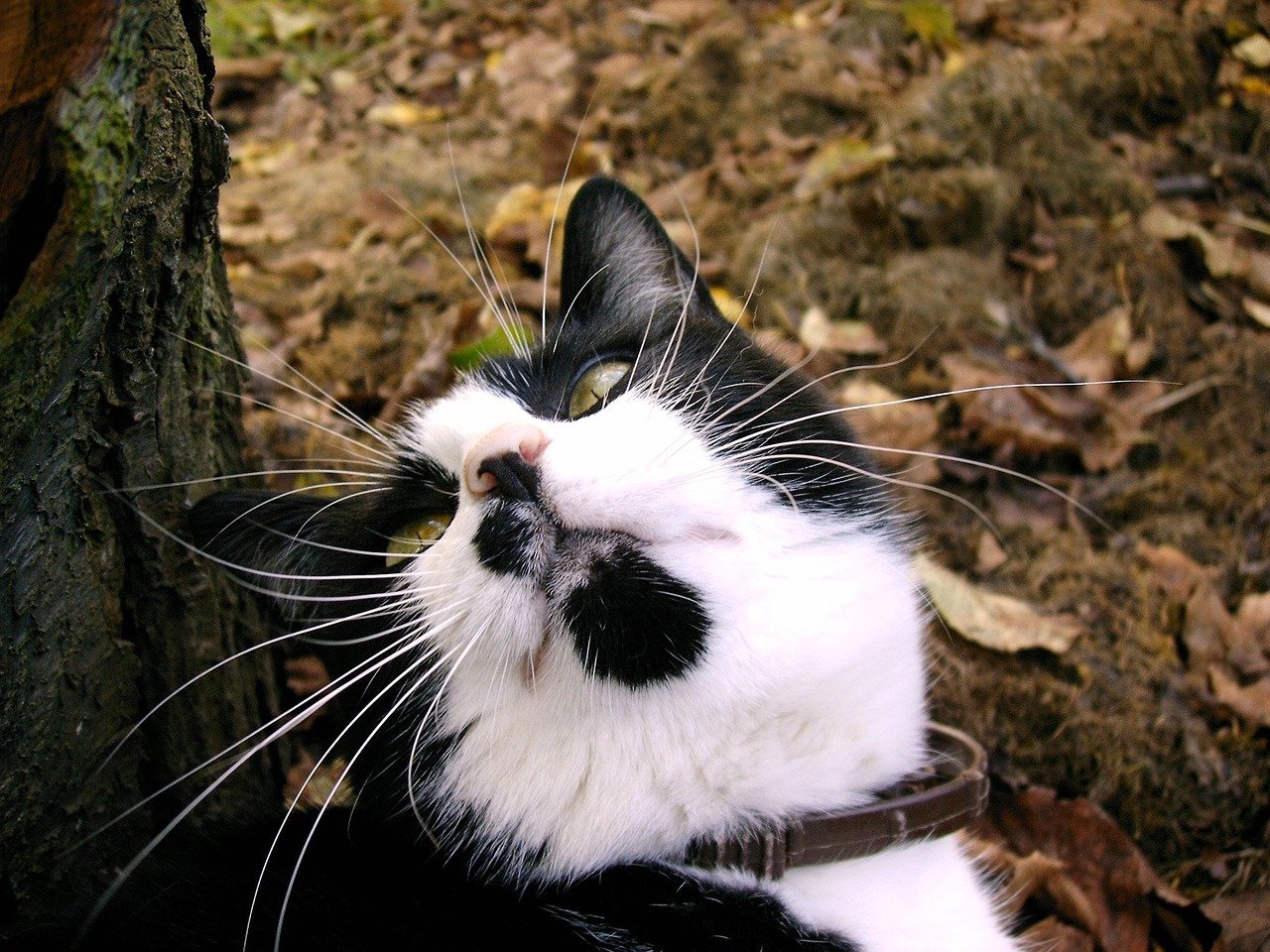
Have you ever noticed your cat rubbing their chin on your laptop, book, or phone? The chin is loaded with scent glands, and by rubbing their chin on your things, your cat is extending their territorial claim. It’s their way of saying, “This, too, is part of my world.” If your belongings constantly have a faint whiff of cat, now you know why.
Watching Over You from a Distance

Sometimes, your cat will perch atop a bookshelf or windowsill, quietly observing you. This isn’t aloofness—it’s vigilance. Cats like to keep an eye on their territory, and if you’re in it, they want to make sure all is well. This subtle form of guarding is both protective and possessive, showing that you’re a key part of their environment.
Sharing Their Favorite Spots with You
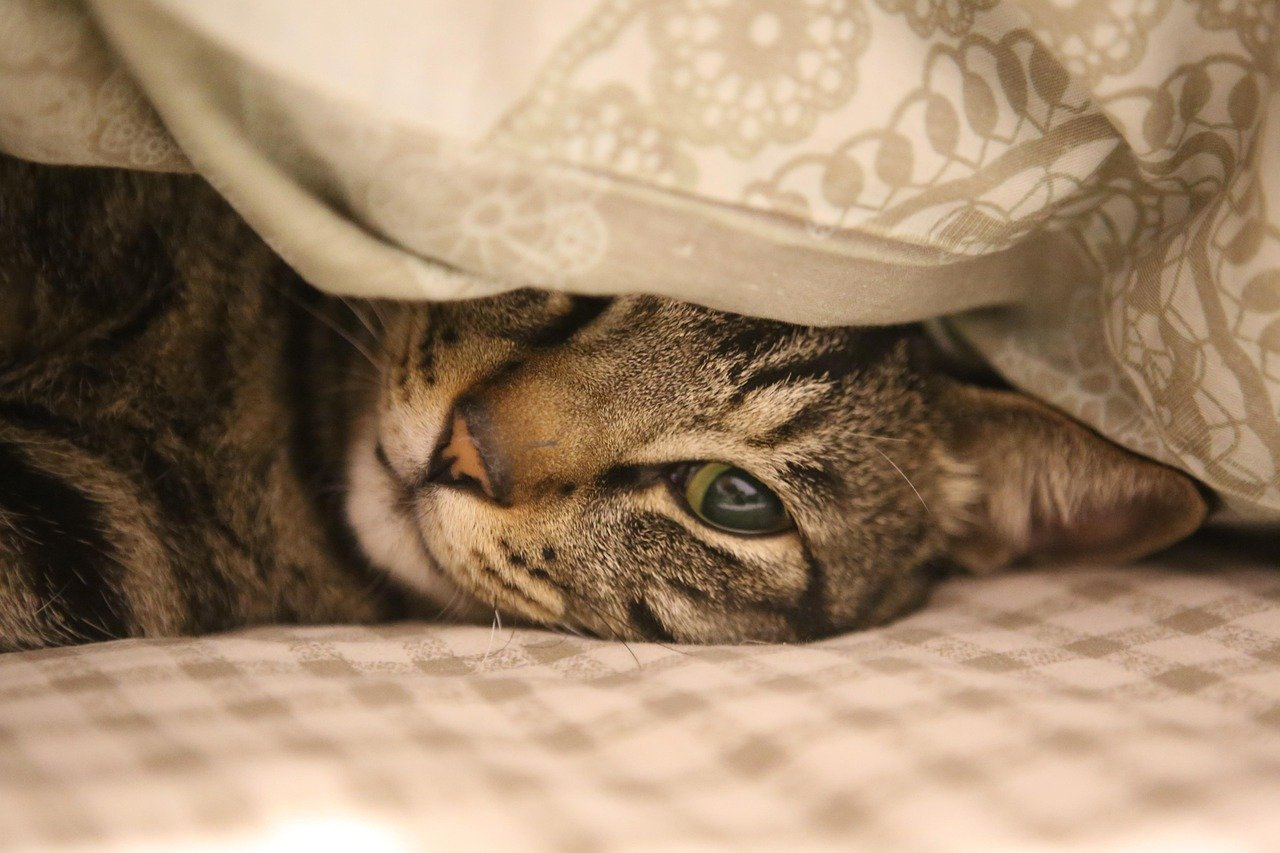
If your cat leads you to their favorite hiding place, sunbeam, or windowsill, it’s a true sign of trust. Cats rarely share their cherished spaces with just anyone. When they invite you into their secret world, they’re extending their territory to include you. It’s like being handed a VIP pass to their inner sanctum.
Napping in Your Clothing or Shoes
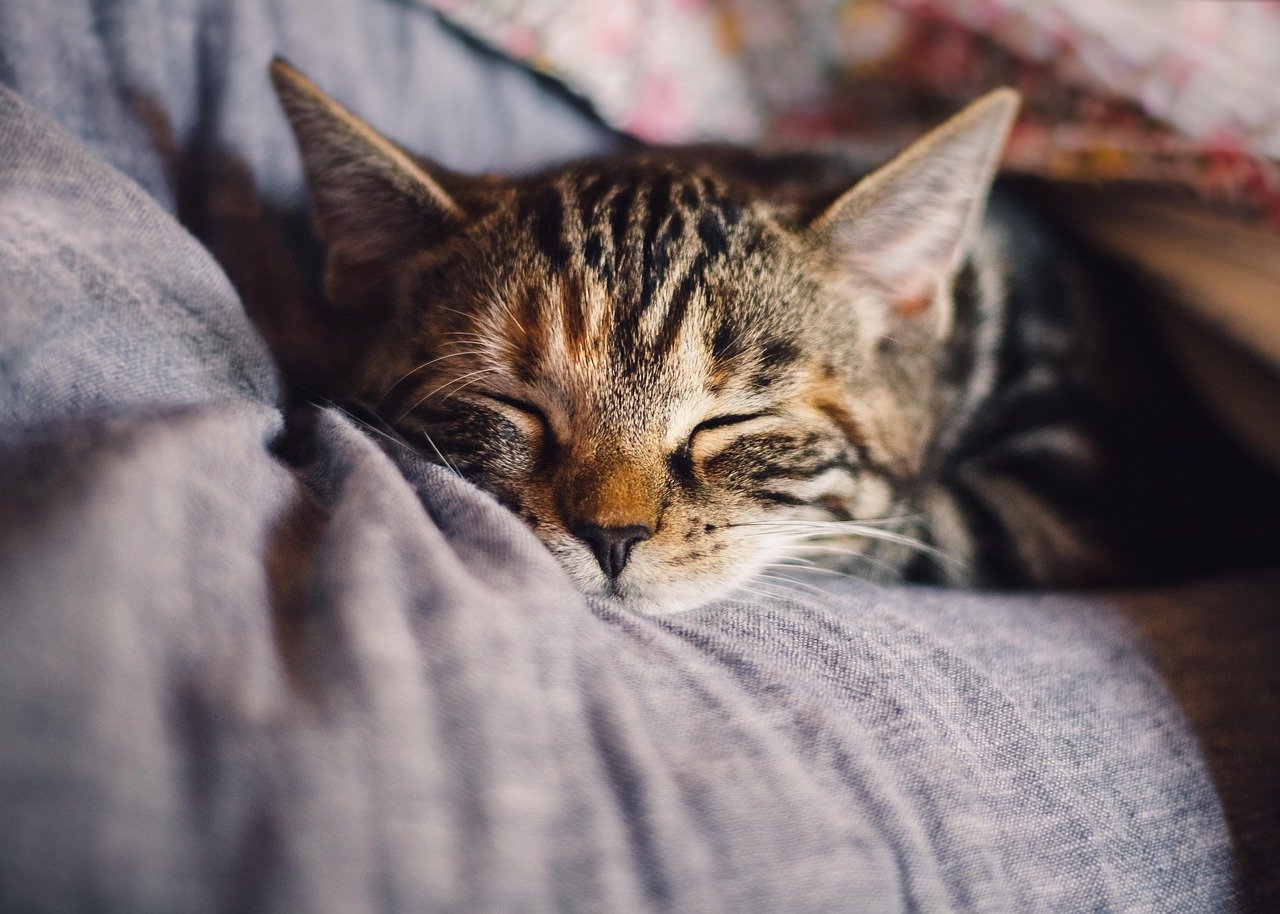
Cats love to snuggle up on clothes or shoes that smell like their humans. Your scent is comforting to them, and by napping on your personal items, they’re mingling their own scent with yours. It’s a mutual exchange: your scent marks them, and their scent marks you. This shared scent reinforces the bond and solidifies their claim over you.
Displaying Their Belly While You’re Near

Not only do cats show their bellies as a sign of trust, but if they do it repeatedly while you’re around, it’s a clear indication you’re within their circle of comfort. It’s as if they’re announcing to the world that they have nothing to fear from you—and that you’re part of their protected zone. This is one of the most vulnerable positions a cat can assume, so it’s never done lightly.
Chattering or Chirping at You

While cats often chatter at birds outside the window, some direct these funny sounds at their humans. If your cat chatters, chirps, or makes odd little noises when you enter the room, it’s a sign of strong attachment and territorial inclusion. They’re communicating excitement and recognition, and in their own way, inviting you deeper into their world.
Tail Quivering When You’re Near
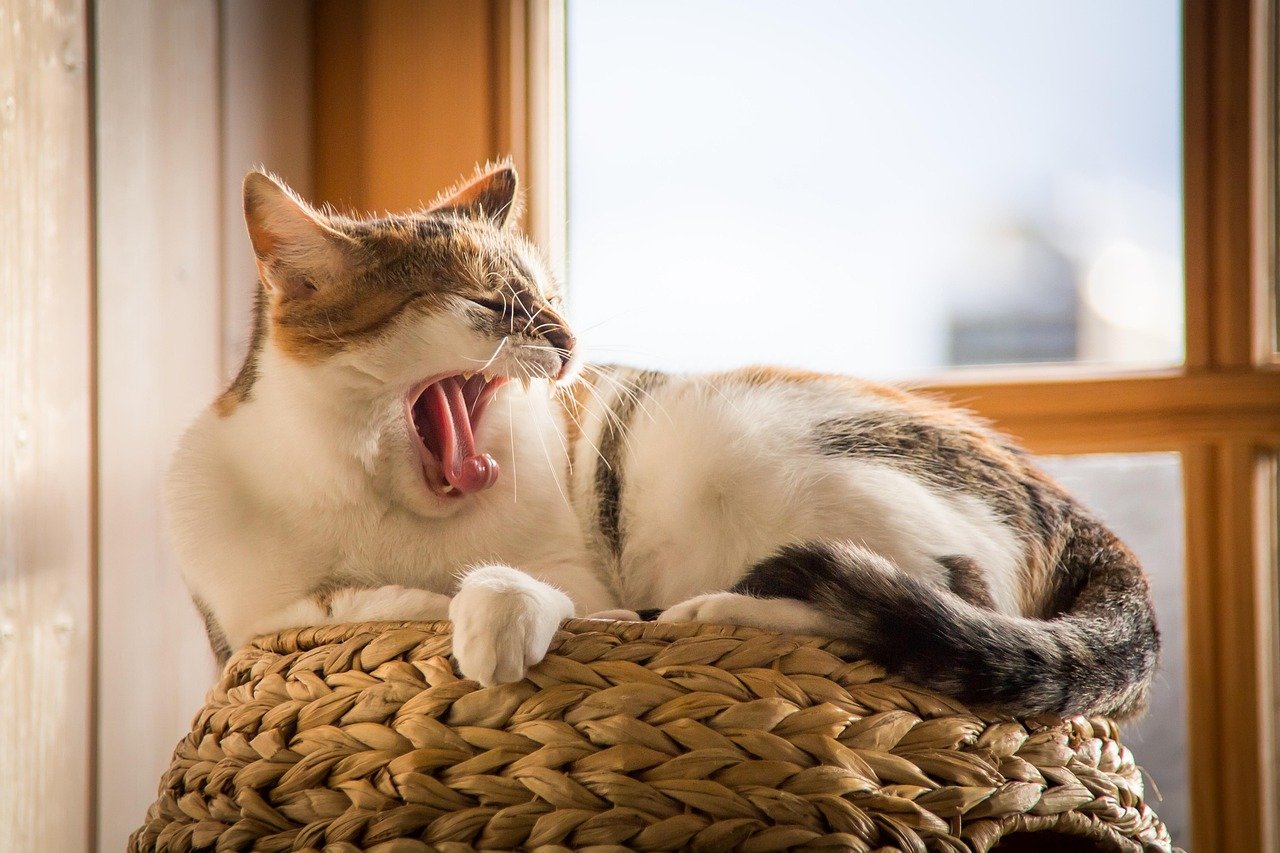
One of the cutest, most overlooked signs is when a cat holds their tail upright and lets the tip quiver. This gesture is a sign of extreme happiness and affection, often reserved for those they consider part of their territory. If your cat greets you with a quivering tail, they’re saying, “You belong with me, and I’m thrilled you’re here.”
Inspecting Your Guests
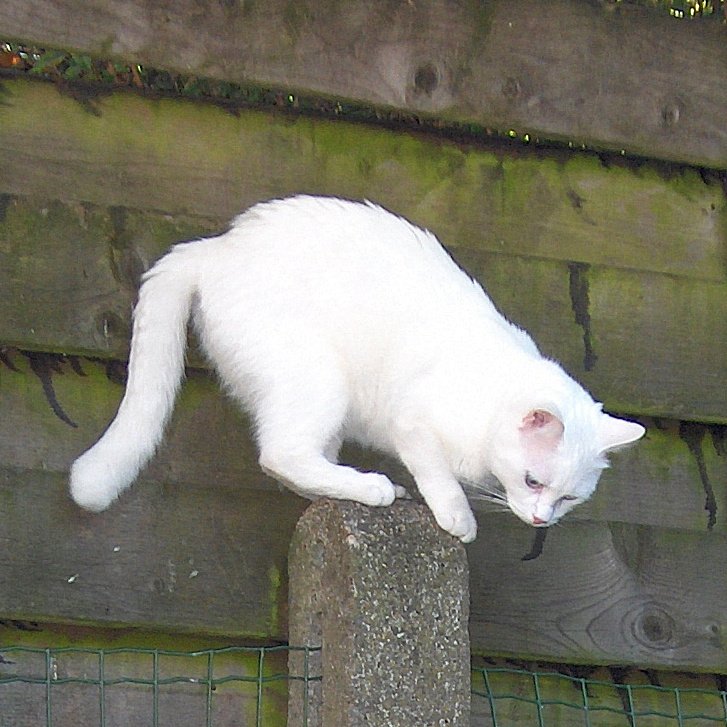
When you have visitors, does your cat rush to sniff, circle, or even stare them down? Cats are keenly aware of changes in their territory, and if you’re part of that, anyone who enters your space gets a thorough feline inspection. It’s your cat’s way of making sure their world—and their person—remains safe and undisturbed.
The next time your cat rubs against you, brings you a “gift,” or curls up in your lap, remember: they’re not just being cute—they’re claiming you. Isn’t it wild to realize you’re an important part of your cat’s world?
Hi, I’m Bola, a passionate writer and creative strategist with a knack for crafting compelling content that educates, inspires, and connects. Over the years, I’ve honed my skills across various writing fields, including content creation, copywriting, online course development, and video scriptwriting.
When I’m not at my desk, you’ll find me exploring new ideas, reading books, or brainstorming creative ways to solve challenges. I believe that words have the power to transform, and I’m here to help you leverage that power for success.
Thanks for stopping by, Keep coming to this website to checkout new articles form me. You’d always love it!






